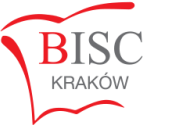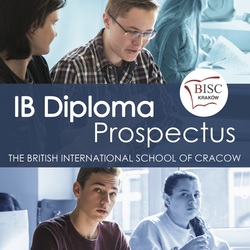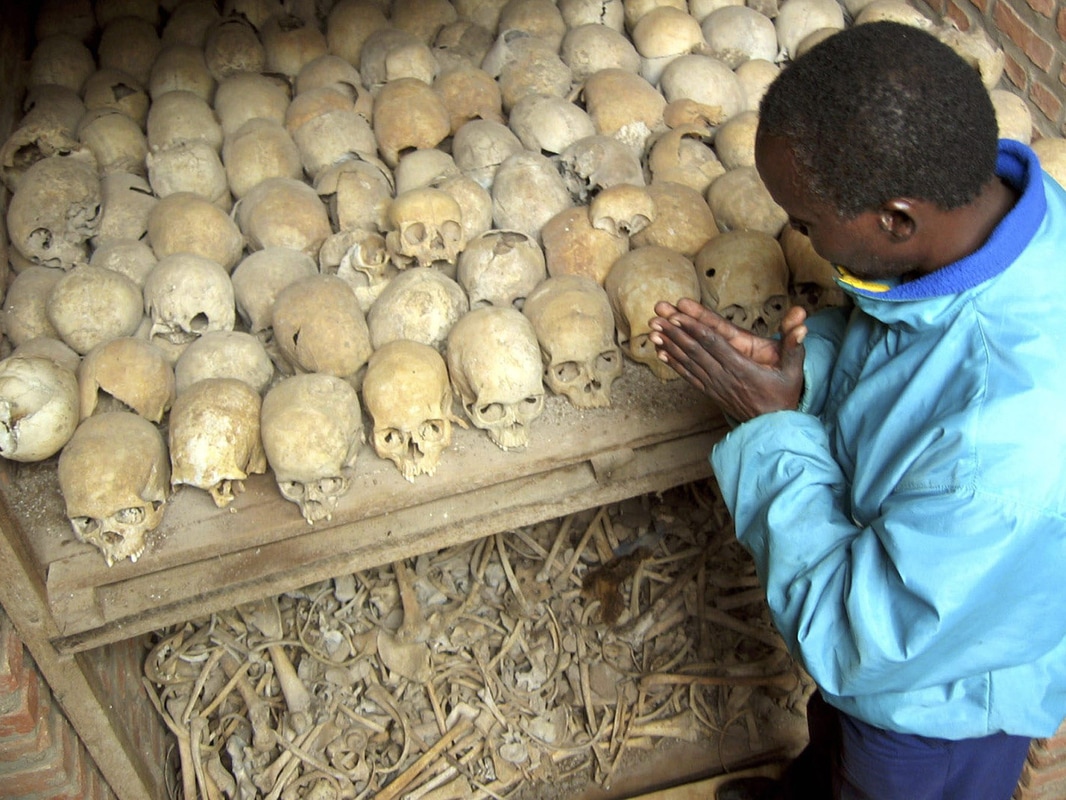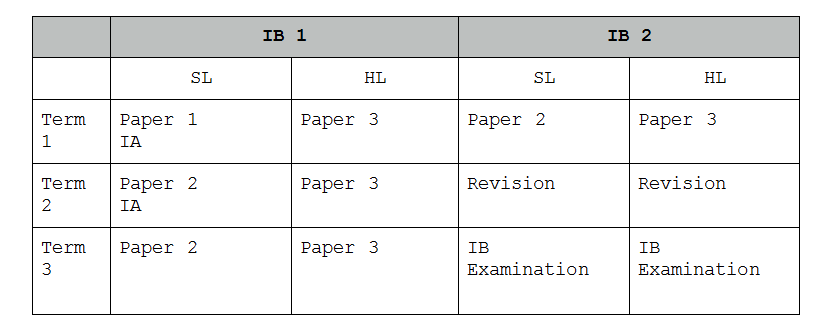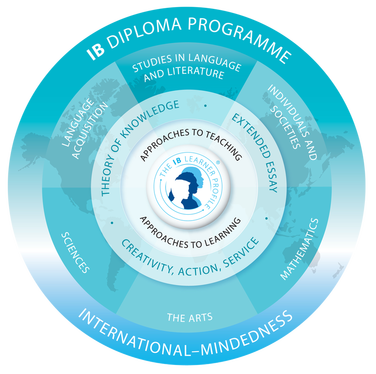Academic Skills
Biology
Business & Management
Chemistry
Computer Science
English A Literature
English B
Environmental Systems & Societies
French A Language & Literature
French B
German A Literature
German B
Geography
Biology
Business & Management
Chemistry
Computer Science
English A Literature
English B
Environmental Systems & Societies
French A Language & Literature
French B
German A Literature
German B
Geography
LearningFoundationPrimarySecondaryIB
Polish Programme |
History
A Rwandan survivor of the 1994 Genocide prays over the bones of genocide victims at a mass grave in Nyamata, Rwanda, April 6, 2004.
http://www.haaretz.com/opinion/1.639032 What is the course about? The IB History course at BISC is primarily designed to give students a more nuanced understanding of humanity. Both SL and HL students study two compulsory case studies for their Paper 1 exam: the Rwandan genocide and the war in Kosovo. Students then study two topics for their Paper 2 exam, both of which are looked at thematically: the causes and effects of twentieth century wars and the Cold War - superpower tensions and rivalries. HL students study the history of Africa and the Middle East as their regional option for their Paper 3 exam, from which three topics are chosen: war and change in the Middle East and North Africa 1914-1945; post-war developments in the Middle East (1945-2000); and post-independence politics in Rwanda and Burundi to 2005. How is the course structured? In the first term of the first year, both SL and HL students will explore both case studies for Paper 1 (10 weeks). This will serve as an ideal introduction to the Internal Assessment, which asks students to work with a range of sources on a topic of their choosing. In the second term, we begin work on the first topic of Paper 2 Throughout the year HL students will study 2 options for Paper 3. In the second year, both SL and HL students will work on their second topic for Paper 2, which we complete by the end of the first term. HL students also study the third and final topic for Paper 3. We then go into mock examinations, and the remaining time will be spent on revision and study leave for the IB examination. Are there any requirements?
|
|
Academic Skills
Biology Business & Management Chemistry Computer Science English A Literature English B Environmental Systems & Societies French A Language & Literature French B German A Literature German B Geography |
History
Mathematics Music Spanish B Physics Polish A Literature Portuguese B Psychology Theatre Theory of Knowledge (TOK) Visual Arts |
Leadership
Patrick Lagendijk
IB Co-ordinator
Downloads
IB Handbook
